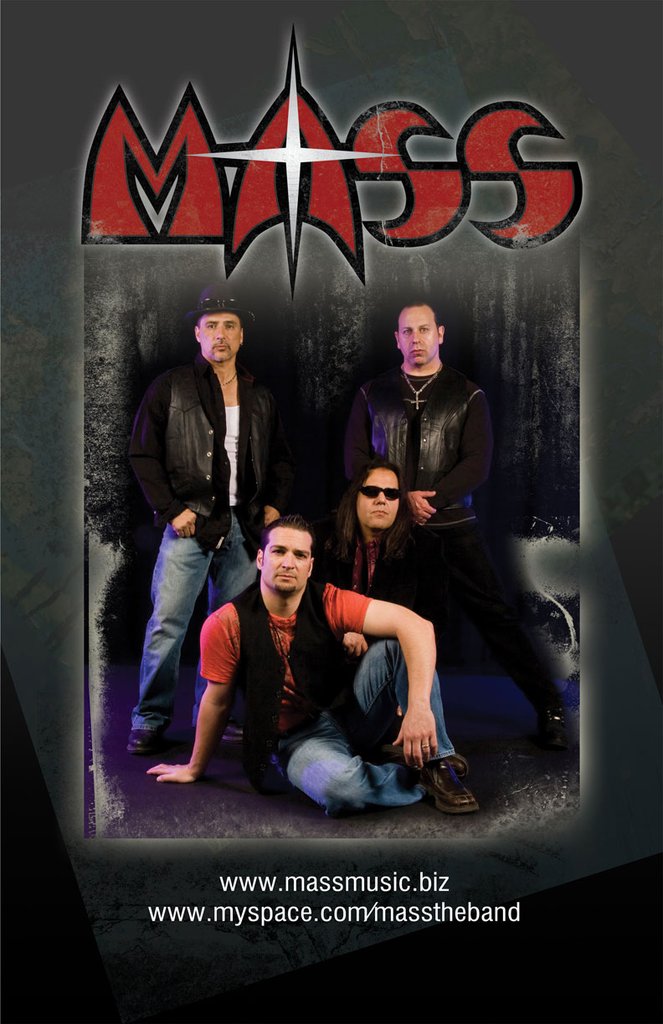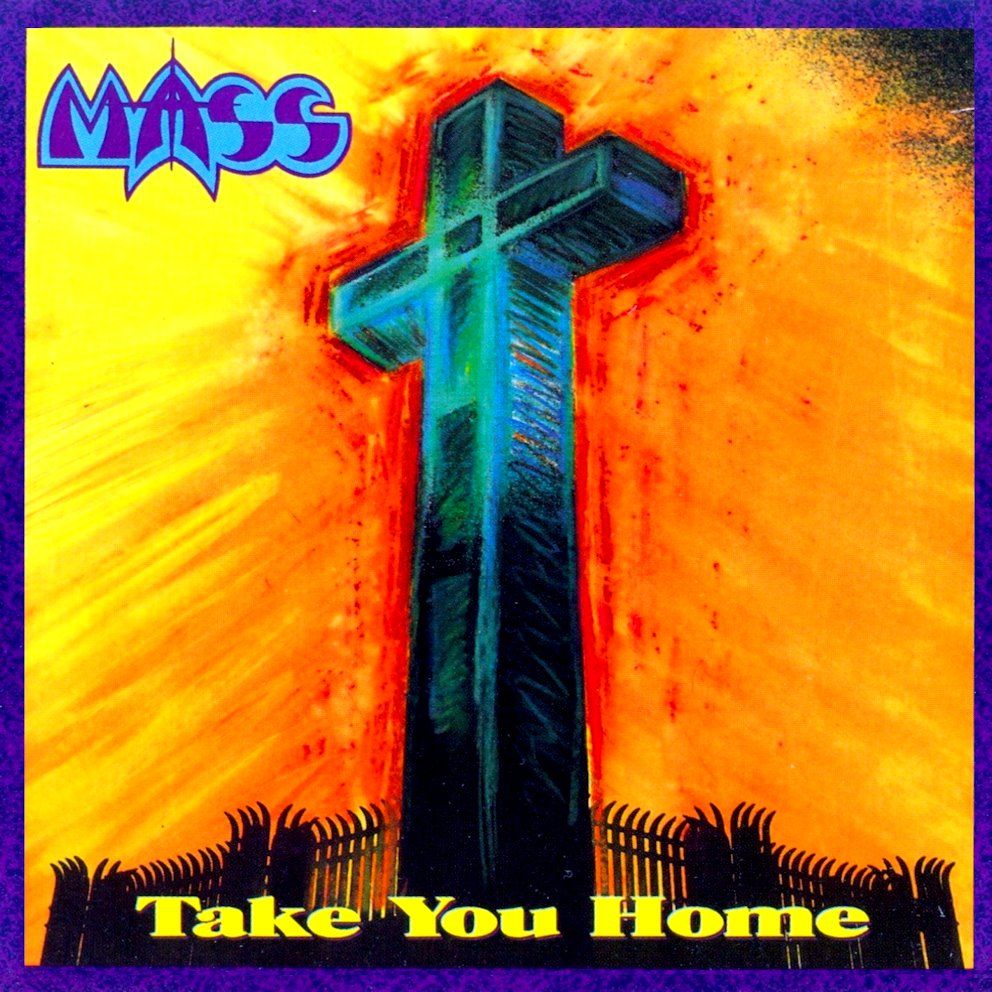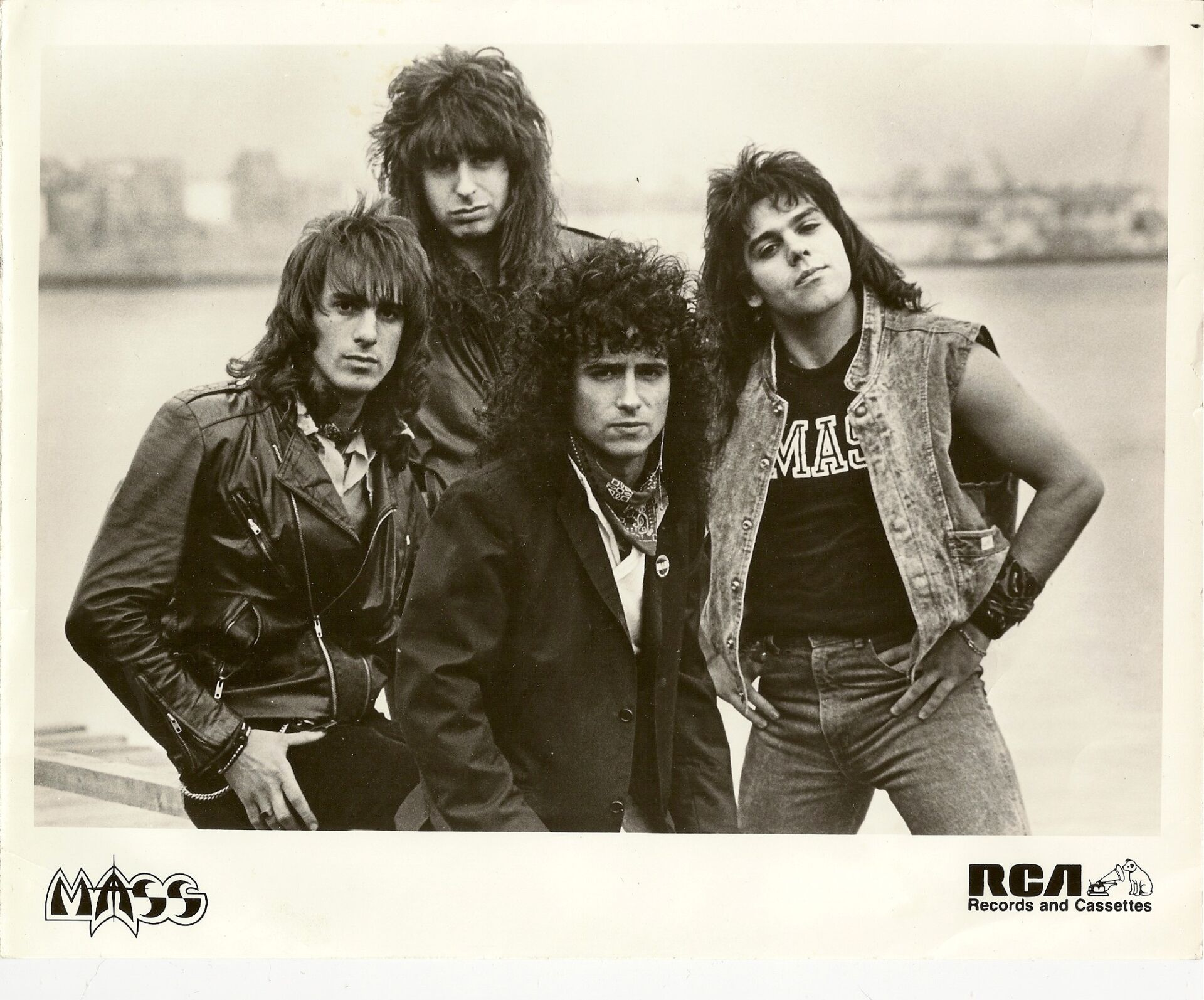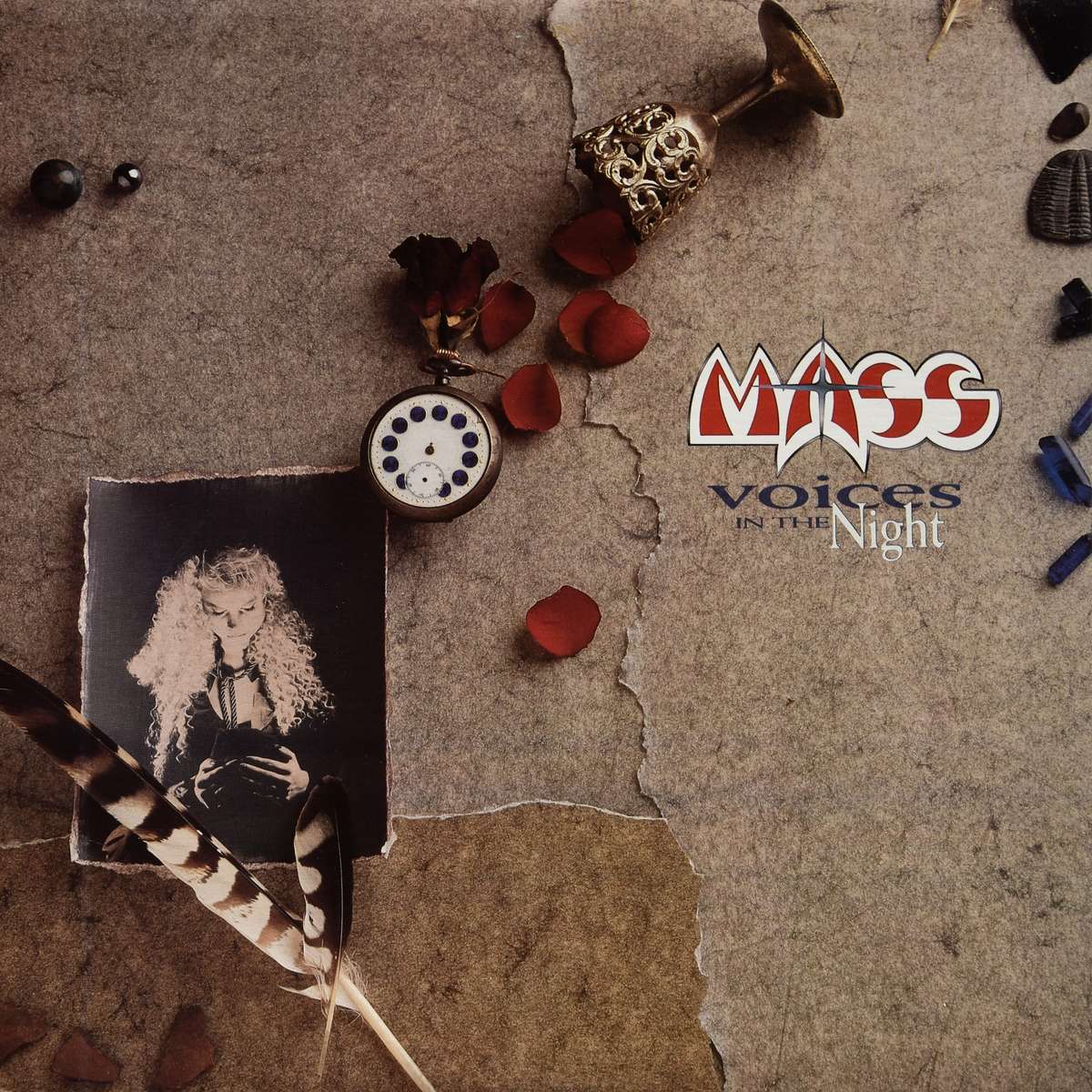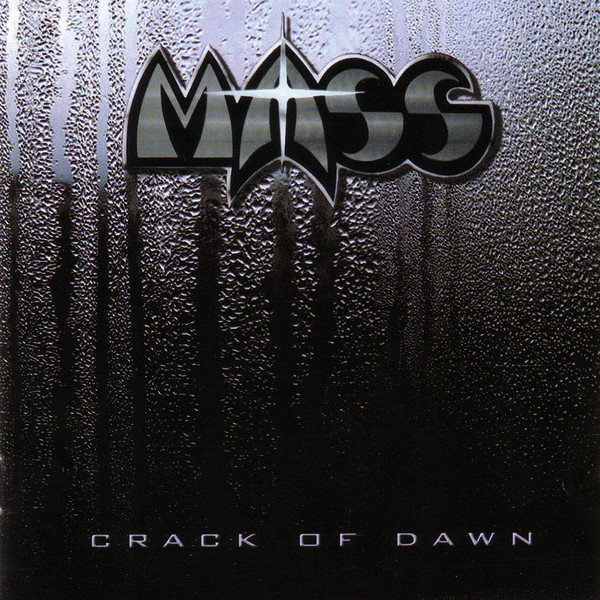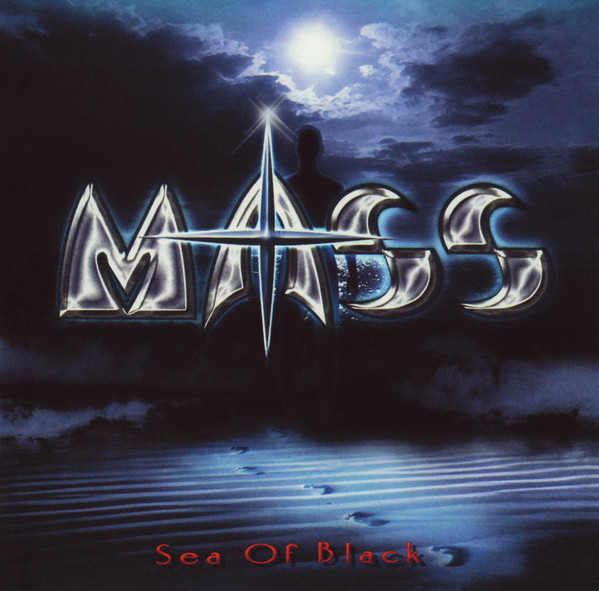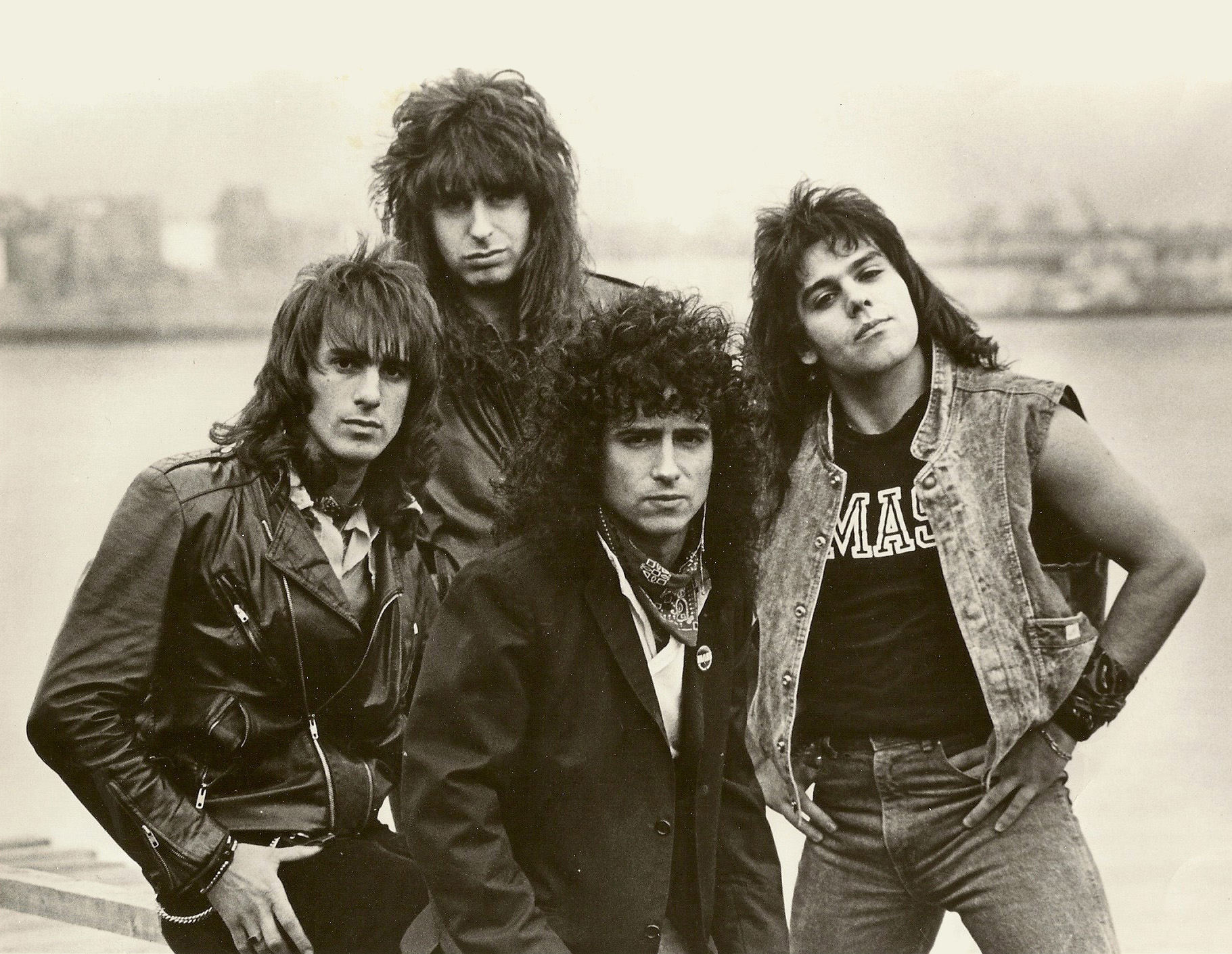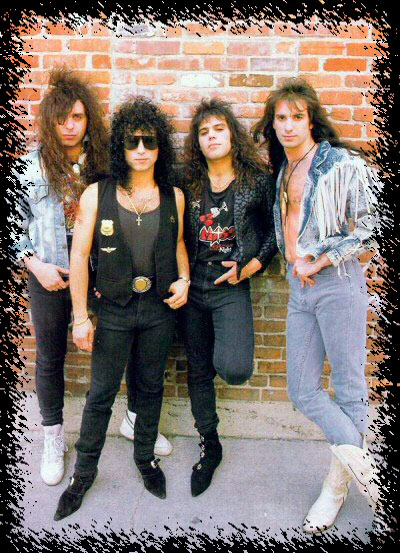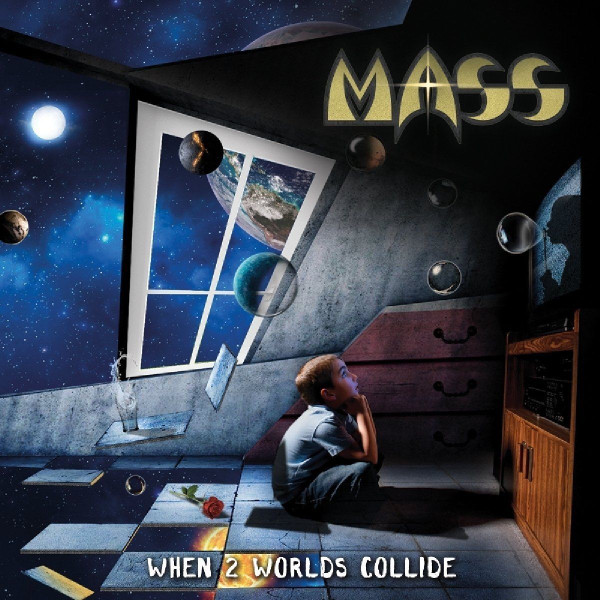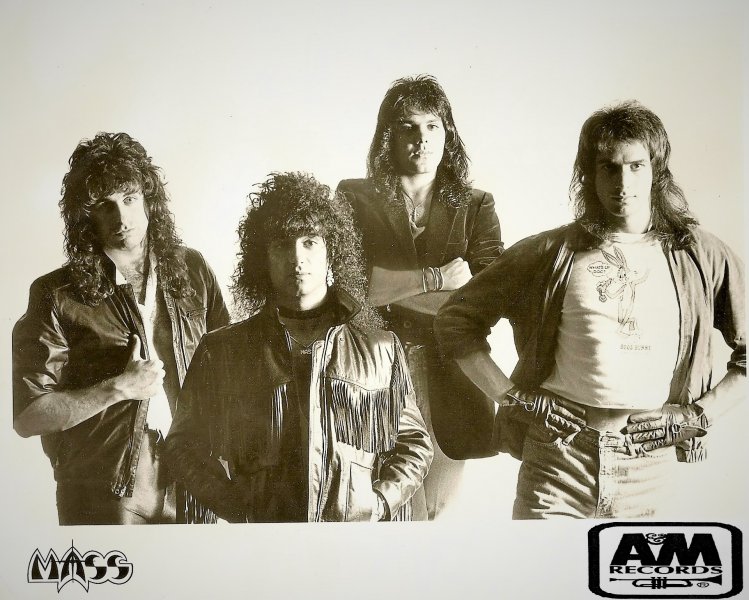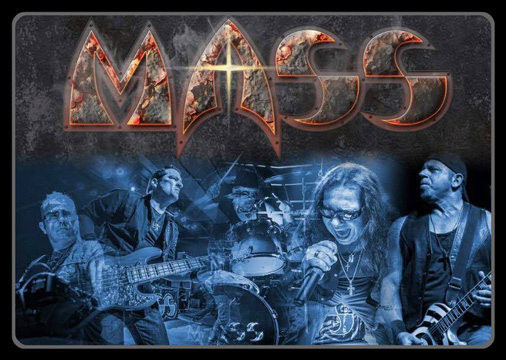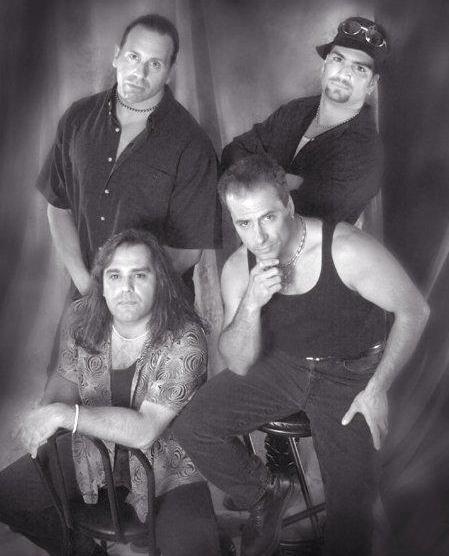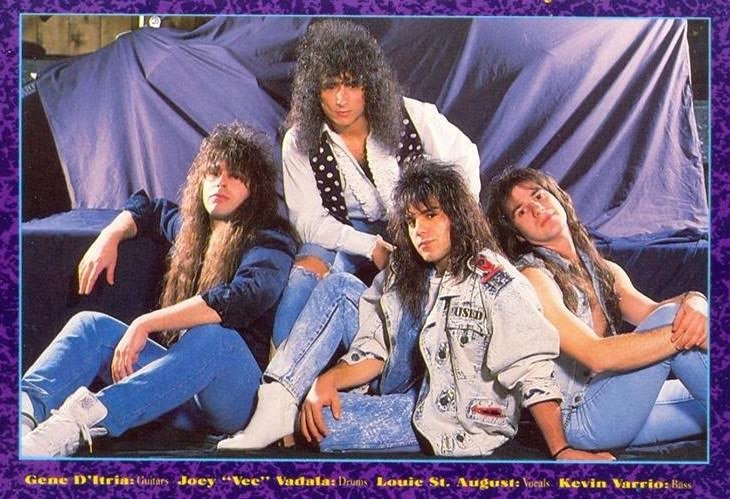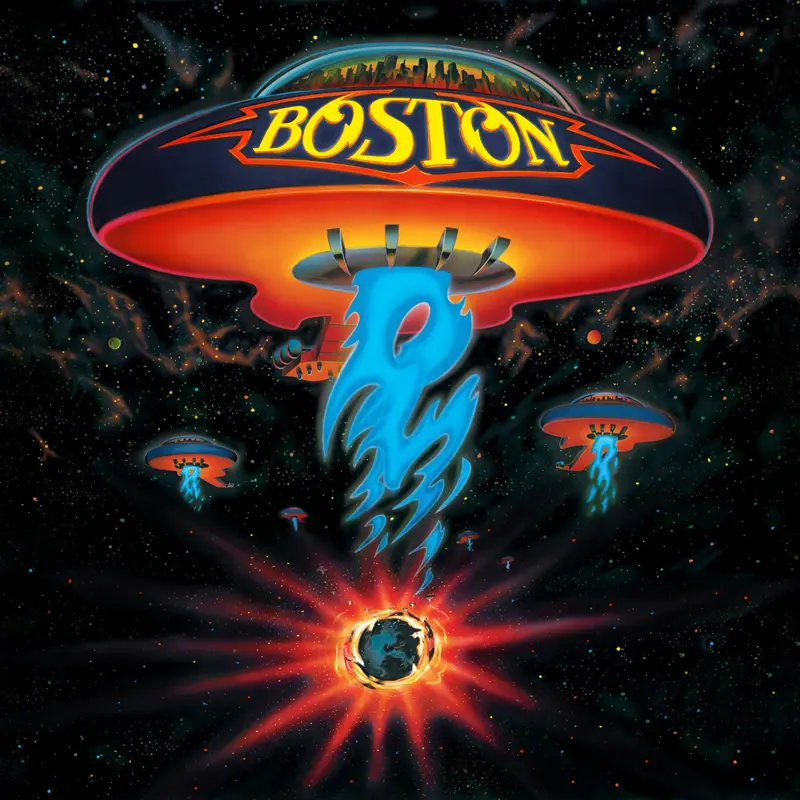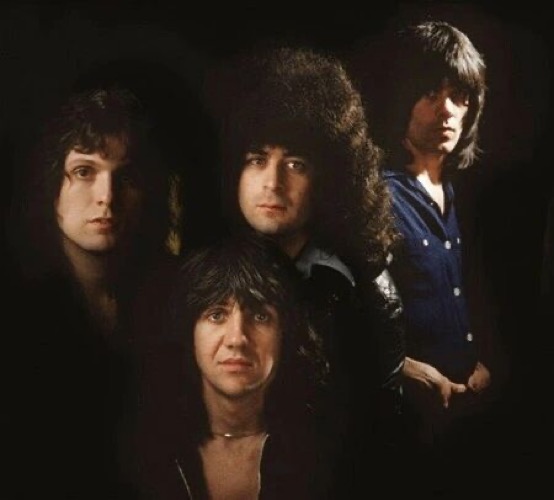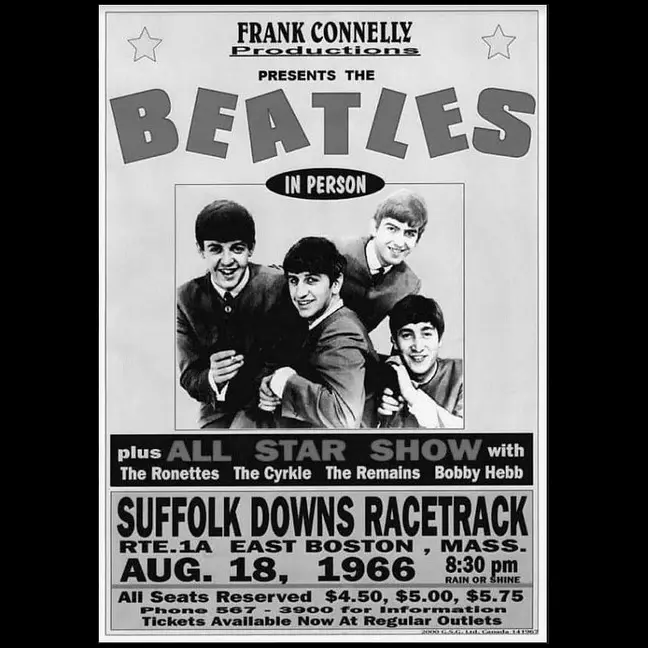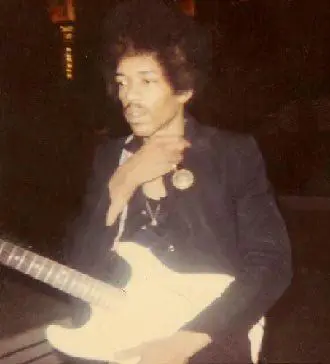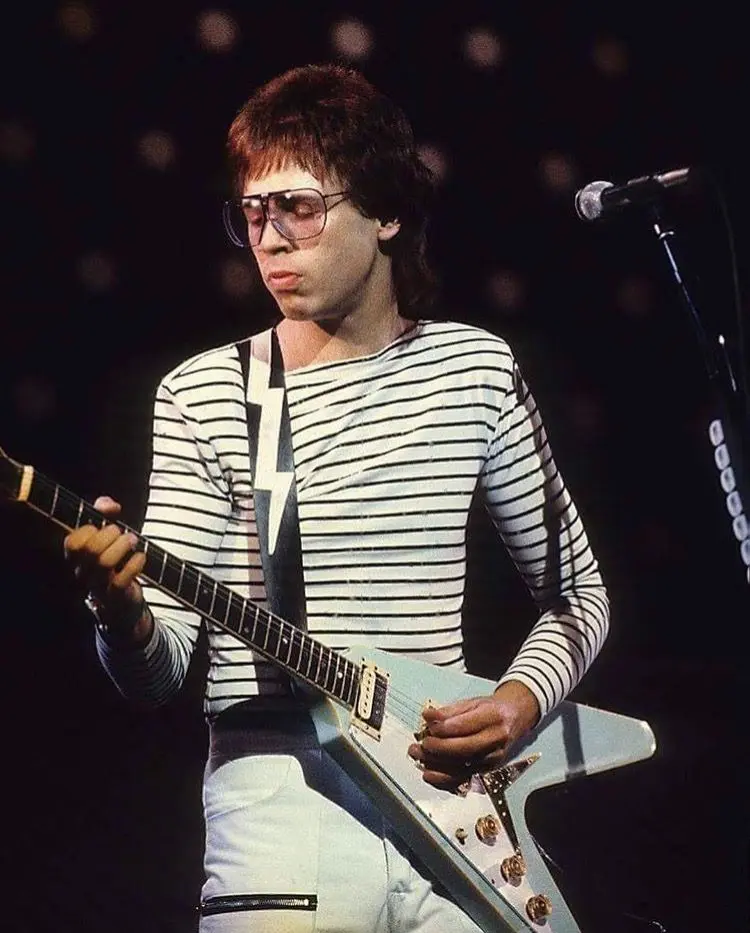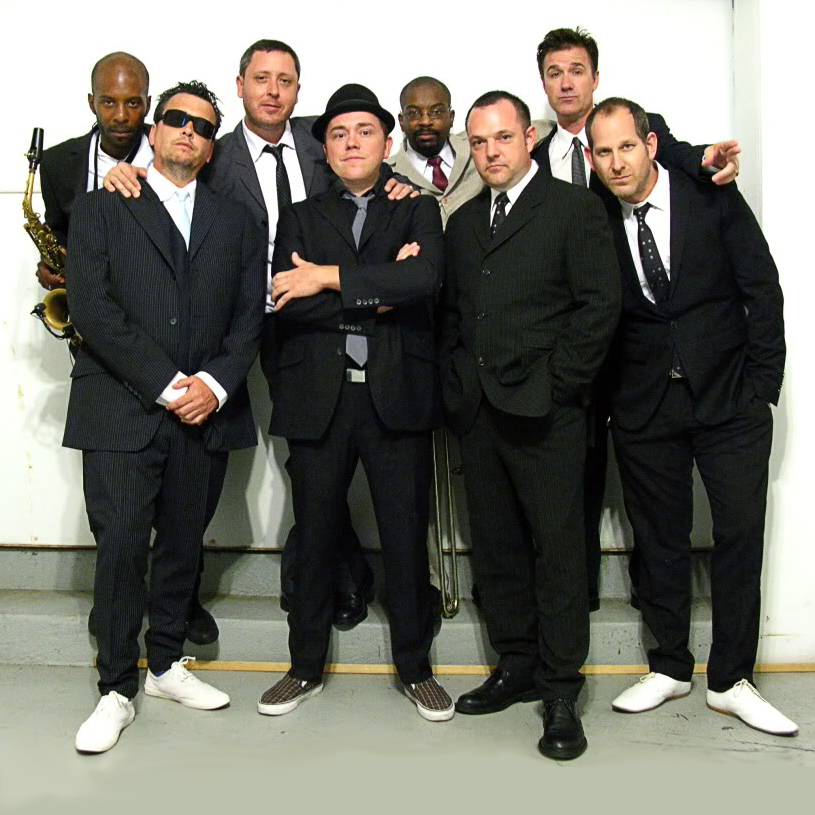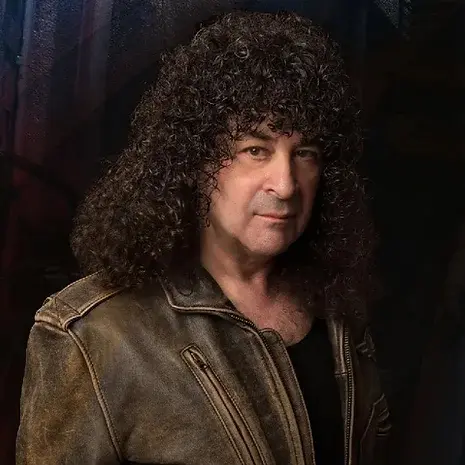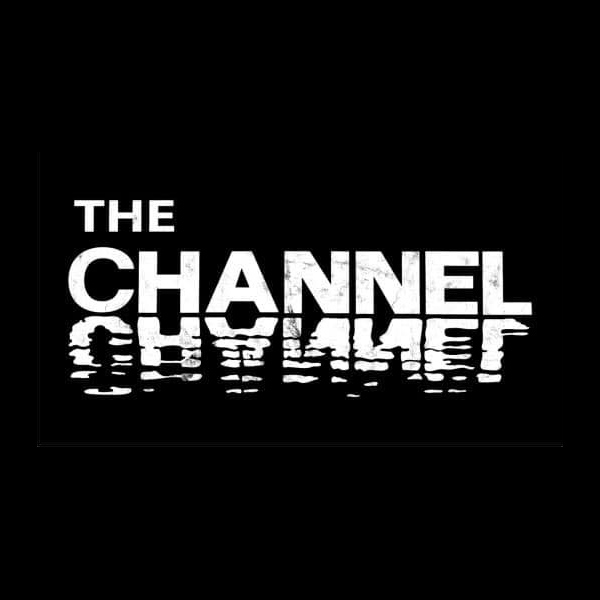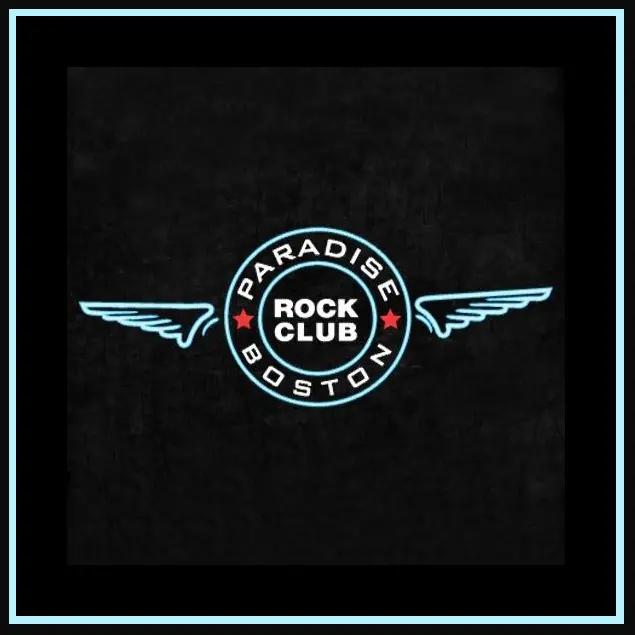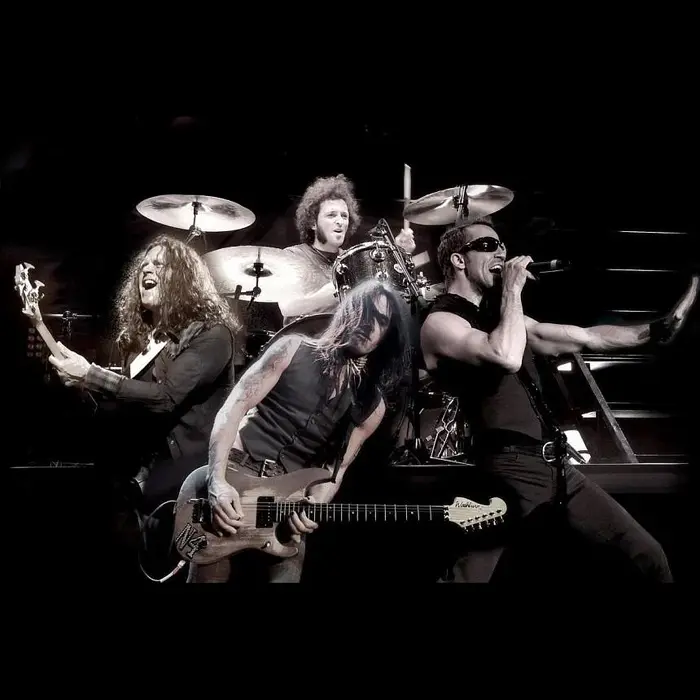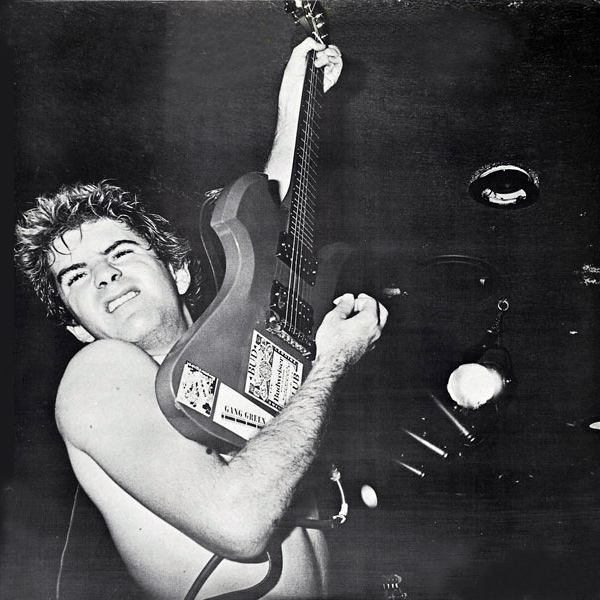Mass
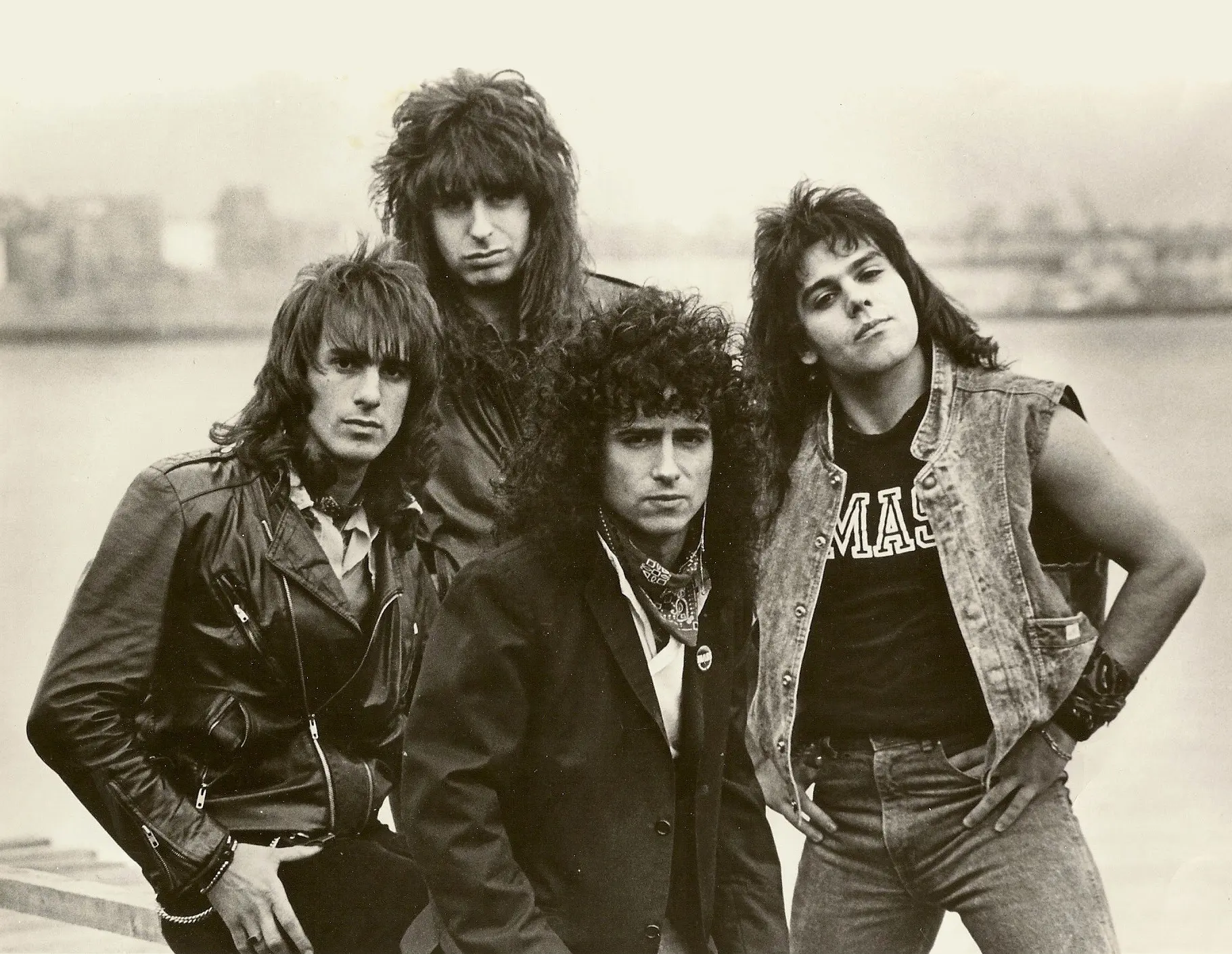
Unlike other bands named after cities or regions – Boston, Chicago, Kansas, New England, Europe, Asia – the bone-crushingly heavy quartet Mass chose a name that’s cleverly two-dimensional: It connotes their home state and their super-sized sound. And that was intentional, according to the band’s frontman and primary songwriter, Louis St. August. “We’re originally from Massachusetts and we thought we had a massive sound so it fit perfectly,” he told the webzine Rock Eyez in 2010.
But all innocent double entendre aside, an even more accurate name for the group might be “Survivor.” That’s not available – the “Eye of the Tiger” band remains active – but it fits to a tee because since forming nearly 45 years ago, Mass has had almost as many bad breaks as a one-eyed motocross racer with a drinking problem. From shady management to record-label acquisitions and bankruptcy, the band’s history is rife with cases when peaks became troughs practically overnight.
And yet Mass is still together – with almost the exact same lineup as 40 years ago – and has established a devoted fanbase ranging from Baby Boomers to Gen Zers. One of most longstanding touring and recording heavy metal bands in the US, they’ve cut six LPs, two EPs and appeared on bills with The Ramones, Scorpions, Cinderella, Stryper, Vince Neil and Molly Hatchet, among others. The group has “refined its four-piece sonic assault with a passion that comes from loving what you do,” Boston-based critic Joe Viglione once wrote, adding that Mass “deserves to tour on an Ozzfest or another platform, as their albums comprise some of the finest hard rock ever to come out of the Boston area.”
BACKGROUND
Co-founders Louis St. August and Gene D’Itria’s backstory is similar to Mick Jagger and Keith Richards’ in that they first met while they were in elementary school. Whereas Jagger and Richards didn’t start playing music together until their teens, however, St. August and D’Itria started doing so before reaching junior high, the former on drums/vocals and the latter on guitar.
The story goes like this: St. August’s family moved from Medford to Revere when he was 10, by which time he was already playing drums. Around age 12, he convinced his new neighbor D’Itria to start playing guitar so that they could jam together; D’Itria wanted to be a drummer but he agreed to take up guitar instead when St. August pushed him to do so. “I just told him, ‘No, you’re going to play guitar,’” he explained to Mass Rocks. “Heck, I needed a guitarist, right? So we stole his confirmation money and went down to the local pawn shop and bought him his first guitar.“
St. August says the first songs they worked on were Deep Purple’s “Smoke on the Water” and Chicago’s “Twenty-Five or Six to Four,” standard fare for young rockers at the time (the mid-‘70s). In high school, the pair played Beatles, Led Zeppelin and Jimi Hendrix tunes at school dances and parties – “wherever they would let 15 year olds in to play,” he told Mass Rocks.
FORMATION, STYLE
In 1979, after groups like Black Sabbath, Motörhead and Iron Maiden had pioneered heavy metal by taking hard rock to eardrum-bursting extremes, St. August and D’Itria formed a trio called Axis with bassist Kevin Varrio. In 1981, when drummer Joey “Vee” Vadala joined and St. August shifted to vocals only, the band changed its name to Mass and in 1993 Michael Palumbo replaced Varrio on bass. The lineup hasn’t changed since.
At that time, hair metal was starting to hit its stride with groups like Twisted Sister, Mötley Crüe and Poison taking the gruff, greasy machismo of the early metal bands and turning it into a spandex-sporting pseudo androgyny akin to Bowie meets Ozzy. Mass, however, took the old-school path and their sound and look have always been more Motörhead, Sabbath and Maiden than Crüe, Sister and Poison. And that’s earned the band stadium-sized respect among metalheads worldwide.
A&M SIGNING, DEBUT DELAY, FIGHTER
In 1982, Mass signed with A&M Records and cut their first album with producer Tom Allom (Judas Priest, Black Sabbath, Def Leppard). Due to issues with the label and the band’s manager, however, the disc was shelved and A&M never released the LP. In 2010, when the band regained the rights to the tapes from A&M – almost 30 years after they were recorded – Retroactive Records issued them as the aptly named, 10-track album Fighter.
As for why A&M didn’t release the debut, here’s the net-net: Mass’ manager’s shady behavior led to the label demanding that the band fire him, but the process of doing so took several years of litigation because he’d entwined the group in complicated publishing and management contracts in an effort to conceal his dodgy dealings (ex., claiming some of his artists’ material was produced by Phil Spector). A&M refused to issue the album until the manager was officially gone and the label cut Mass from its roster during the years-long legal proceedings, which bankrupted the band.
MASS EP, RCA SIGNING, NEW BIRTH, “DO YOU LOVE ME”
In 1984, the group self-released an eponymous EP, produced by Jon Mathias (Dire Straits, Elliot Easton) and recorded at The Record Plant in New York City. It sold slightly north of 10,000 copies in the Boston area alone, which caught the attention of RCA and several other major labels. In 1985, Mass signed with RCA and recorded New Birth, produced by Tony Platt (AC/DC, Cheap Trick, The Mighty Mighty Bosstones). The single “Do You Love Me” stayed at #1 one for over six weeks on some New England stations, saw decent rotation on MTV and made the Billboard Hard Rock Songs chart.
Soon after the release, however, General Electric bought RCA and downsized the number of staff and acts at the label; Mass and everybody involved with their signing was let go. “We had no one there on our behalf,” St. August told Rock Eyez about their second stroke of bad luck with a leading label. Mass took a buyout and New Birth was lost to all but their hardcore fans due to the lack of promotion.
ENIGMA SIGNING, TAKE YOU HOME, VOICES IN THE NIGHT
In 1987, Mass signed with Enigma Records and cut the six-track EP Take You Home, released in 1988, which was produced and engineered by John Rollo (The Kinks, Quiet Riot) with Hirsh Gardner as production assistant. Released on Enigma’s Medusa sublabel, it sold in the tens of thousands in the US and landed the group its first significant attention in the UK and Japan, which resulted in Enigma greenlighting a full album.
That album was Voices in the Night, produced by Stryper frontman Michael Sweet. Released in 1989, the LP sold better than Take You Home and saw positive reviews, with Viglione commenting on how the band rocked harder than many of the more famous metal groups of the day. “On Voices in the Night, they really start crunching and the ’80s long-hair look and sound has more grit than many of their contemporaries, from Ratt to labelmates Poison,” he wrote. “[The album] is bright and clean hard rock, the band progressing from their innocent formative years to a point where they should have ruled on early MTV and album rock radio.”
While touring to support the disc, Mass headlined Boston venues including The Channel and The Paradise Rock Club. They were nominated for Best Metal Act at the Boston Music Awards in December 1988, the year Extreme won in that category outright (after tying with Gang Green in 1987).
CAPITOL/EMI ENIGMA ACQUISITION
While all stars in Mass’ universe seemed aligned at the end of 1988, however, the sky came crashing down in 1989 with yet another uncontrollable turn of corporate events: Capitol/EMI acquired Enigma and made drastic staff changes and roster cuts, leaving Mass without a label – again – as they would be for the next 17 years.
During that time, the band worked tirelessly to maintain its base and add new fans by making regular tours of North America and Europe. In 1992, around the time that bassist Varrio left the group and Michael Palumbo took his place, their song “Under the Gun” appeared on the Mentor Music Group compilation The Best of Boston Music Showcase Vol. 1, which also included Farrenheit’s tune “The Living Daylights.”
BEST ONES, CRACK OF DAWN, SEA OF BLACK, WHEN 2 WORLDS COLLIDE
In 2000, Fore Reel Entertainment released Best Ones, a 16-track collection. The first three songs are from their self-released 1984 EP and it includes one tune from the A&M sessions, “Bad Man’s Reputation.” Critic Viglione wrote that the album was evidence of Mass’ significance on the New England scene, calling it “an important piece of Boston rock & roll history.”
In early 2007, the band signed a three-album deal with London-based Escape Music. The first disc released was Crack of Dawn (2007), followed by Sea of Black (2010), the latter of which D’Itria told Rock Eyez was “an experiment for us” since it was actually a demo that the group had shopped overseas. The band’s latest studio effort is When 2 Worlds Collide, which Escape issued in 2018.
In 2011, Limelight gave the band its Legend Award and in 2012 St. August won the magazine’s Male Vocalist of the Year Award. Since the release of 2 Worlds Collide, the group has stayed busy on the road both headlining smaller venues and opening for other bands, most often Stryper, at larger ones.
“I’VE BEEN BLESSED”
Asked in a March 2023 interview on the Area 312 Rock and Metal vodcast how he’s maintained his extraordinary singing chops over 40-plus years pushing his vocal chords to the limit, St. August said he follows no particular training regimen and was the picture of humility. “Maybe it’s all the Italian pasta I eat,” he laughed in a Boston accent as thick as concentrated New England clam chowder. “Really, I just don’t know. I’ve been pretty blessed, I guess, just lucky. I’ve been blessed, that’s all I can say. I thank God.”
(by D.S. Monahan)

